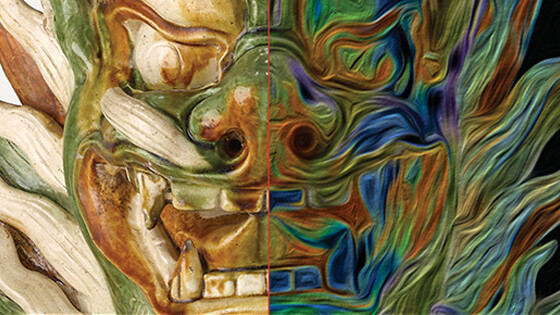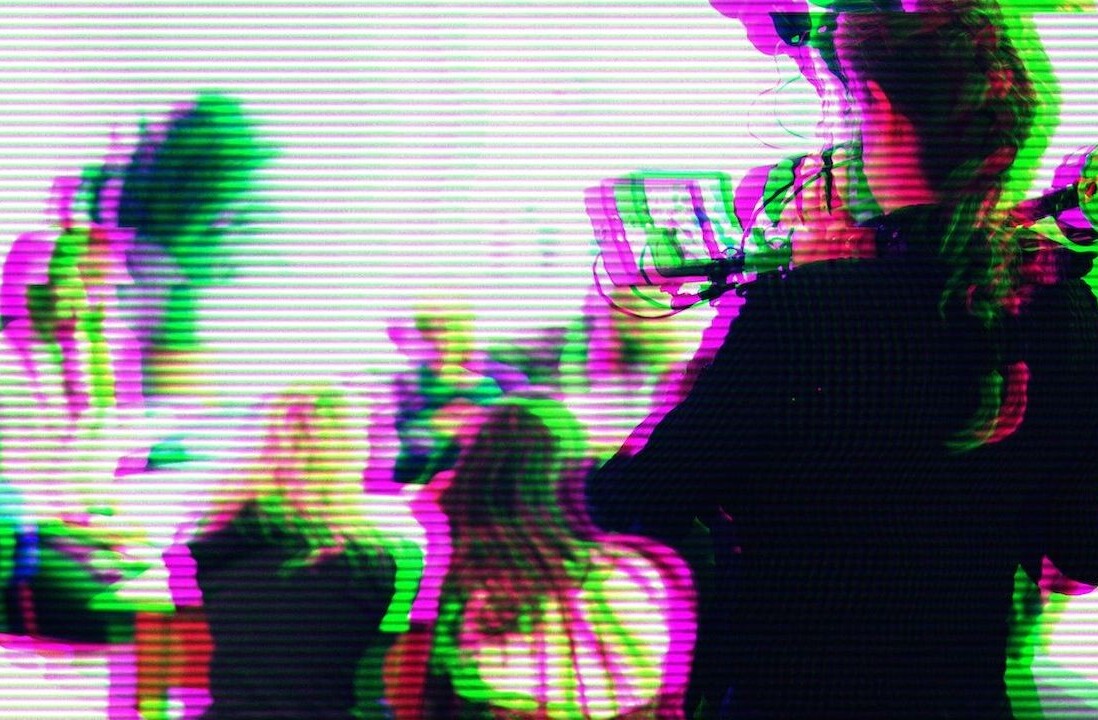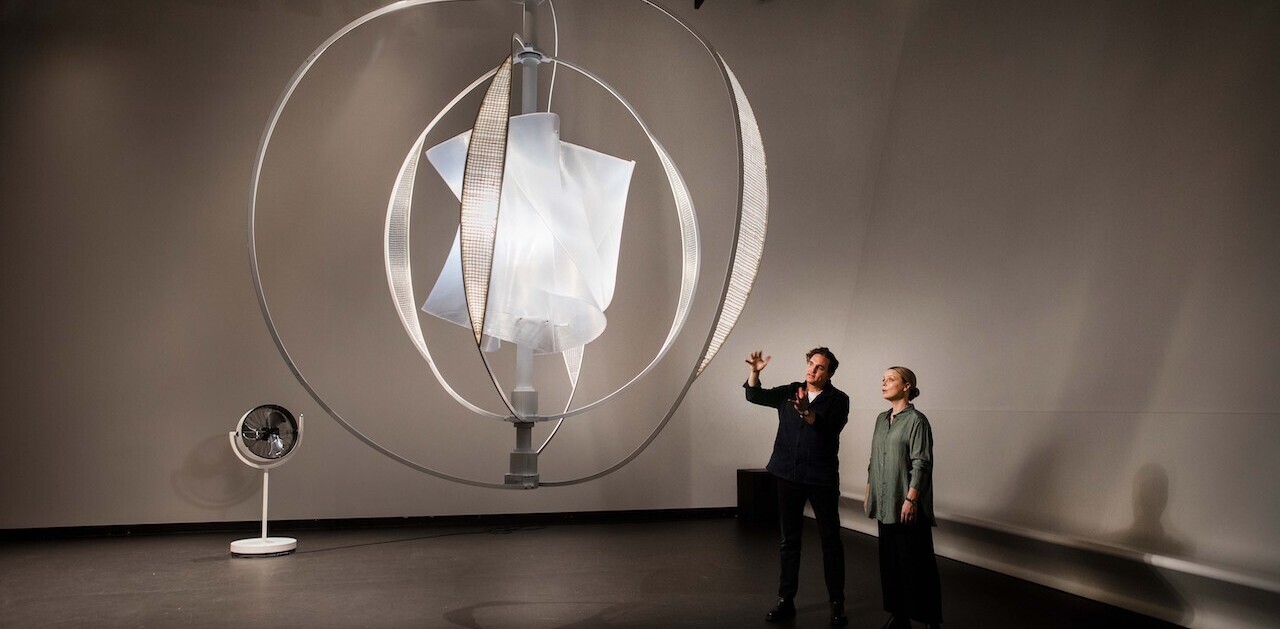
The Freer Gallery of Art and Arthur M. Sackler Gallery, the Smithsonian Institution’s national museums of Asian art in the US, have released their entire collections online. All art works are now available to anyone and everyone for both viewing and download for the foreseeable future.
Under the rubric of the Open F|S program, not only will the public get to view some 40,000 artworks — most of which have never before been seen — but more than 90 percent of the images posted online will be high-resolution and without copyright restrictions for non-commercial use.
While the Freer and Sackler Galleries are the Smithsonian’s signature museums of Asian art, the Freer is also the world’s largest repository of works by the American artist James McNeill Whistler.
The Freer and Sackler galleries are the first Smithsonian, and the only Asian art museums in the US, to digitize and release their entire collections, alongside a small number of other US museums.
The Smithsonian hopes that the public will use the images for non-commercial educational, scholarly, artistic and personal projects that will not be marketed, promoted or sold.
As an example, the Smithsonian has immediately made available a series of works in specific formats like mobile backgrounds, desktop wallpapers and social media headers.
According to a blog post by Courtney O’Callaghan, the chief digital officer at the Freer|Sackler, “… we’ve photographed and uploaded our entire collection into a digital asset management system—more than 40,000 objects and almost twice as many images, from Whistler’s Peacock Room to the tiniest unnamed ceramic sherd.”
“We have examined the rights information on every object and marked them appropriately. We have reviewed records, both complete and incomplete, and deemed them acceptable to make public,” O’Callaghan said.
While Open F|S is the galleries’ largest digital initiative, it is not the first. The galleries participated in the launch of both the Google Art Project and the Google Cultural Institute’s online exhibition tool, converted nearly 400 full-length musical performances at the Freer into digital format for streaming and download and contributed several 3D models on the Smithsonian X 3D website.
There are additional ways for the public to participate in this initiative. You can offer feedback for Open F|S by becoming a beta tester for the Freer|Sackler. Beta testers who sign up will receive hackathon invitations as well as test versions of future Open F|S features.
For permission to use high-resolution images commercially, users can contact the Smothsonian’s Rights and Reproduction department.
Get the TNW newsletter
Get the most important tech news in your inbox each week.









